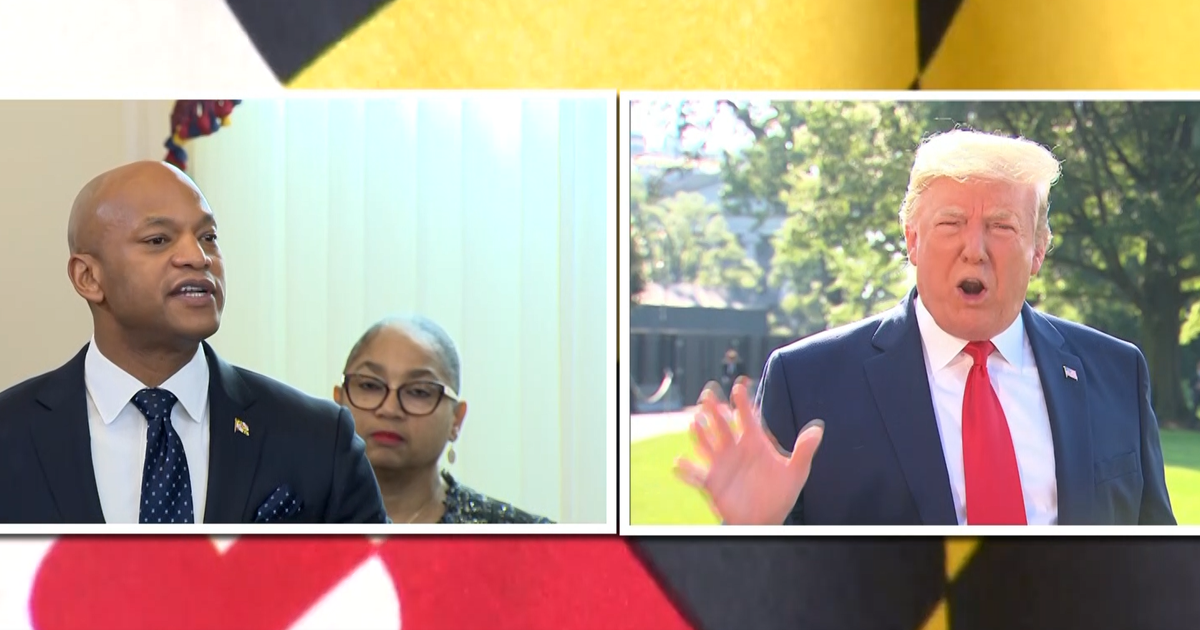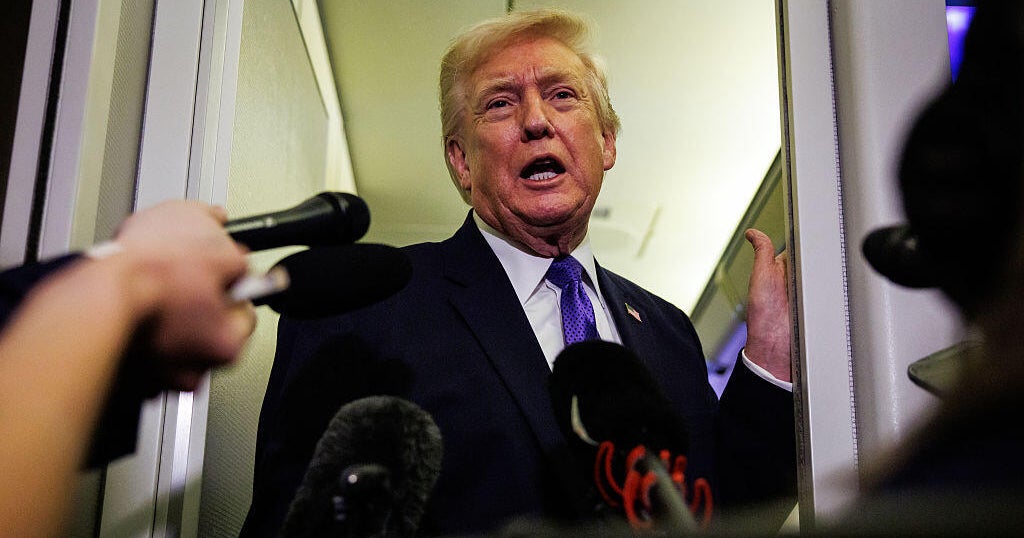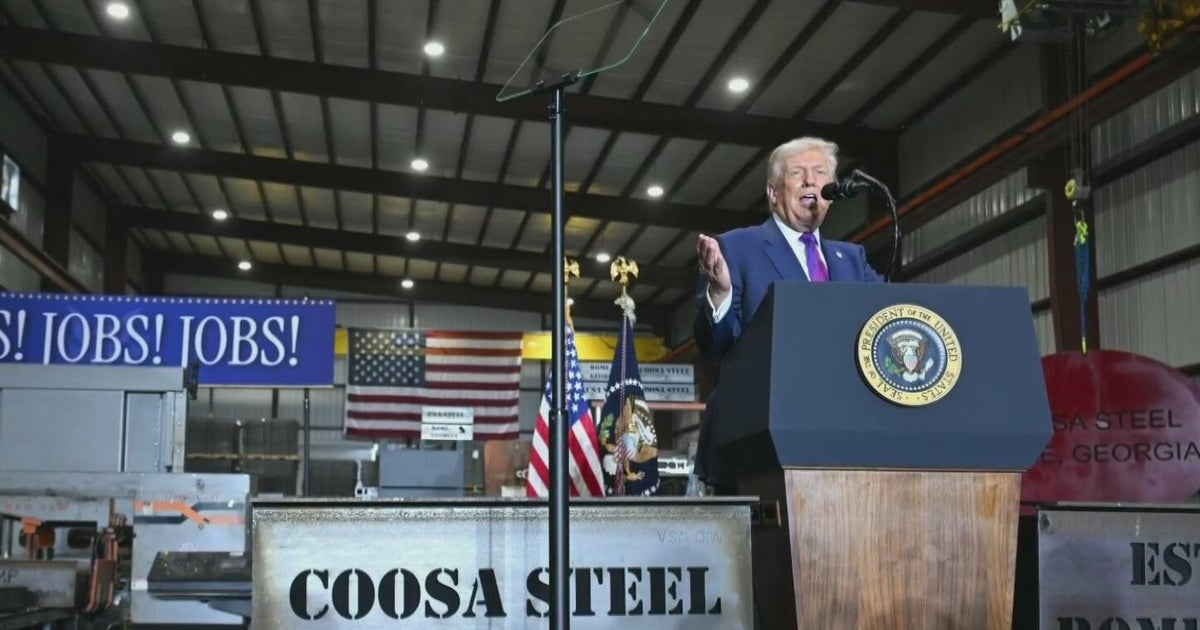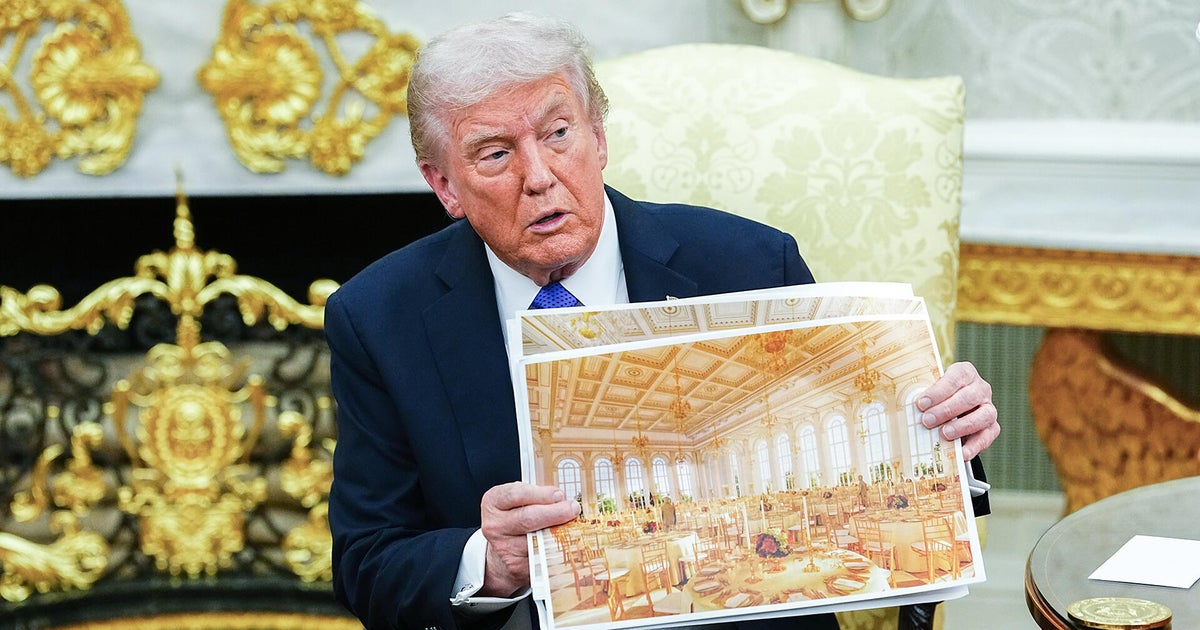Mexican Embassies Ordered To Help Immigrants Facing Hardships Under Trump
SAN JOSE (KPIX 5) -- The president of Mexico is reaching out to Mexican immigrants here in the U.S. by ordering embassies and consulates to be ready to help their compatriots who may face hardships under the Trump administration.
In San Jose Tuesday the Mexican consulate was gearing up for what they expect will be a battle with the White House over immigrant and human rights.
Mexican citizens said they were afraid and confused over the worsening relations between the two countries - and of President Trump himself.
"It's sad because Trump is only out for himself and doesn't know what it's like to struggle," said Teodora Gomez, a housekeeper for 28 years.
Consul General Mauricio Toussaint said 50 Mexican consulates have established a new hotline for Mexican citizens facing deportation and have hired extra staff to help people get legal aid.
"We are going to be posted with all the resources to defend our citizens, to defend our Mexicans living here," he said.
Toussaint echoed Mexican President Enrique Peña Nieto in saying his country is standing firm on not paying for a border wall.
"Of course not," said Toussaint. "If a government decides to build something, there is no reason that another government would be obliged to pay for it. That's unacceptable."
Thursday, White House Press Secretary Sean Spicer floated the idea of imposing a 20 percent tariff on Mexican goods to pay for the wall.
With 80 percent of Mexican exports coming to the U.S., such a tariff could have ripple effects.
"I think you can say it wasn't thought through very well," said the Director of the Center for Global Law and Policy at Santa Clara University, David Sloss.
In addition, Sloss – a State Department veteran under President Reagan – noted that about half of all Mexican goods have U.S.-made components. He said Trump's proposal would backfire with price increases.
"I don't think Mexico ends up paying for the wall," said Sloss. "I think U.S. manufacturers and U.S. consumers end up paying for the wall."
That could affect everything from automobiles and trucks made in Mexico with U.S. components to television sets, electronics, produce, oil and oil products.







